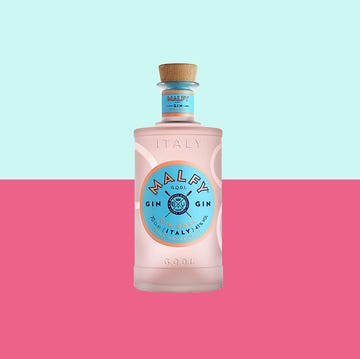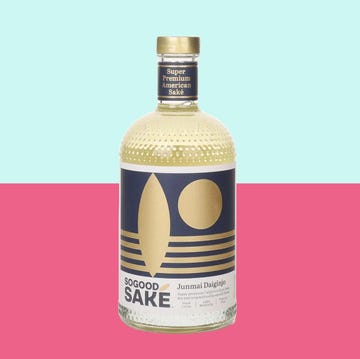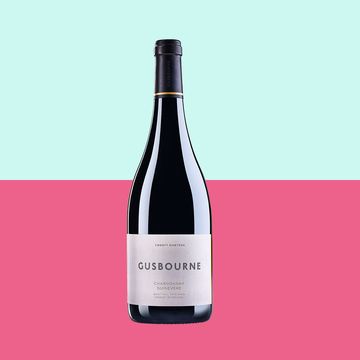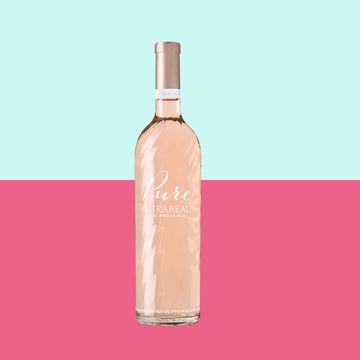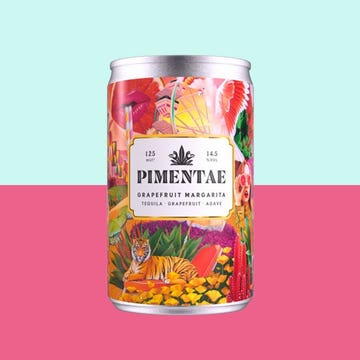We earn a commission for products purchased through some links in this article.
The best wine decanters and preservers, according to Good Housekeeping’s wine expert
Get the best out of your bottle

An essential tool for oenophiles, wine decanters and preservers play a pivotal role in enhancing the quality of your bottle – be that a special occasion vintage or a failsafe weeknight drop of wine.
Wine o’clock calling? Find our wine expert’s favourite decanters and preservers at a quick glance below, or read on for our more in-depth reviews.
Are wine decanters worth it?
Simply put, wine decanters work by aerating the wine, allowing it to breathe and showcase the full aroma and bouquet. This process is particularly beneficial for red wines and fuller-bodied whites, which often improve with exposure to air, smoothing out harsh tannins and bringing out more subtle backnotes.
As for that bottle gathering dust on your wine rack – well, decanting can also help remove the sediment that may have formed over time, too. Needless to say, a stylish wine decanter can also elevate your dinner party set-up (or make bingeing a Netflix series with a bottle of Barolo a little bit fancy).
How to use a wine decanter
Pour the wine gently into it, usually from a bottle held at an angle. The goal is to aerate the wine without disturbing any sediment that may be in the bottle. Depending on the wine, it could benefit from anything from a few minutes to several hours of decanting.
Young red wines, especially those with higher tannins (we’re talking cabernet sauvignon, syrah, or nebbiolo), often need up to two hours, while older wines should be decanted closer to serving time to avoid over-exposure, which can cause the wine to lose its delicate nuances and aromas.
How do wine preservers work?
As the name suggests, wine preservers are designed to keep your bottle fresher for longer after it’s been opened. They can come in the form of vacuum pumps, specialised stoppers, or a high-end preservation system like the Coravin, but, ultimately, the aim is to prevent oxidation, which can quickly impact the wine’s flavour, aroma, and overall quality. Indispensable for savouring a bottle over multiple days.
Ready to pop the cork? These are the best wine decanters and preservers to buy in 2024.

Millie is freelance journalist and editor with five years’ experience writing product reviews, buying guides, breaking news and about the latest trends.
Millie has also reviewed countless restaurants and written travel features for British GQ, The Telegraph and the Independent, and has interviewed a number of leading chefs, including Jamie Oliver, Heston Blumenthal and Raymond Blanc.
Founder of creative catering brand @grazeandgorge, Millie also spends her time creating seasonal recipes and tablescape content, as well as planning her next golden retriever-friendly getaway and rearranging her own home bar cart (... again).


Best non-alcoholic fizz to try in 2025

The best non-alcoholic wines for 2025
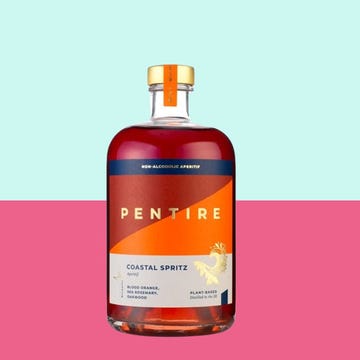
The best non-alcoholic spirits to try now

How to tell a good wine from a dodgy one








